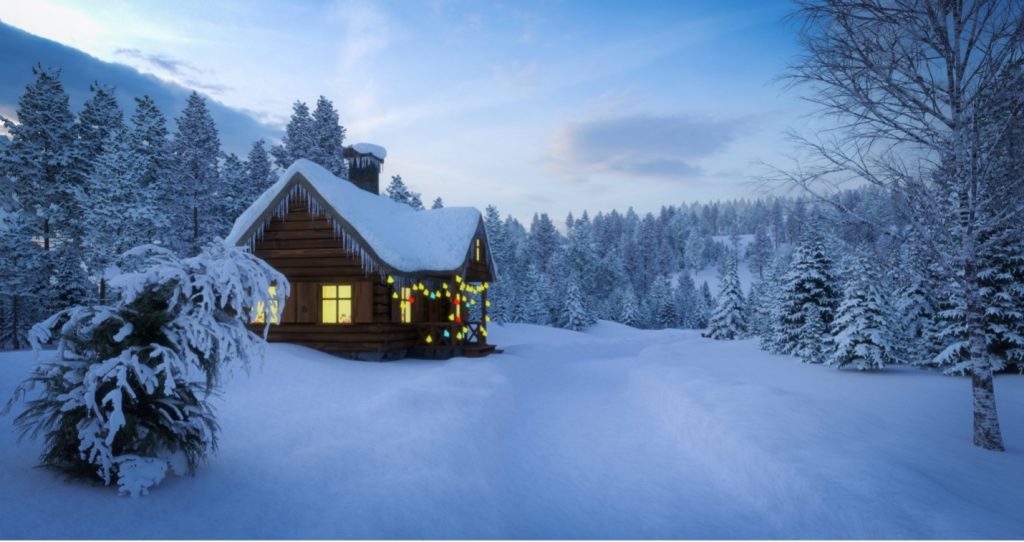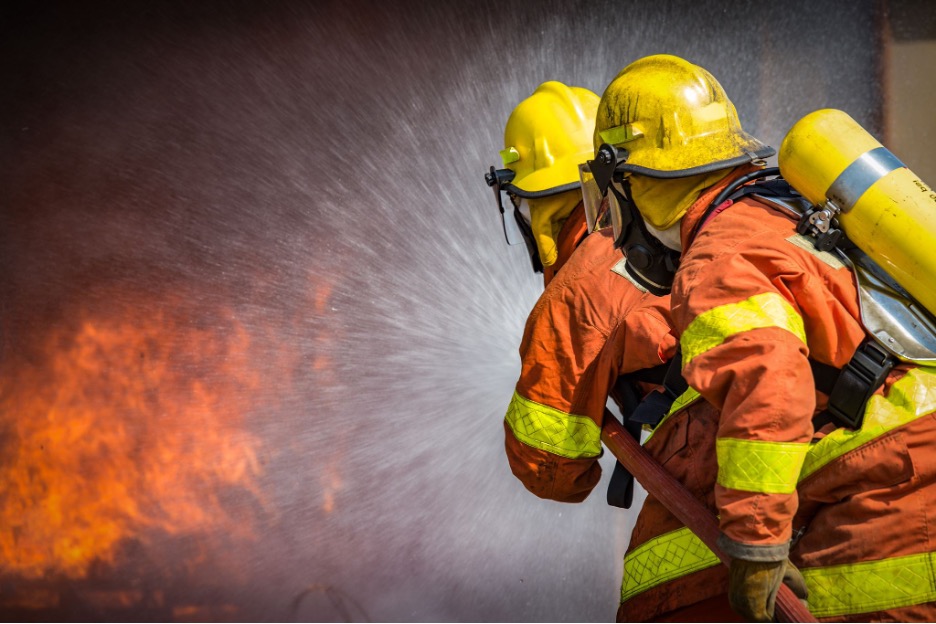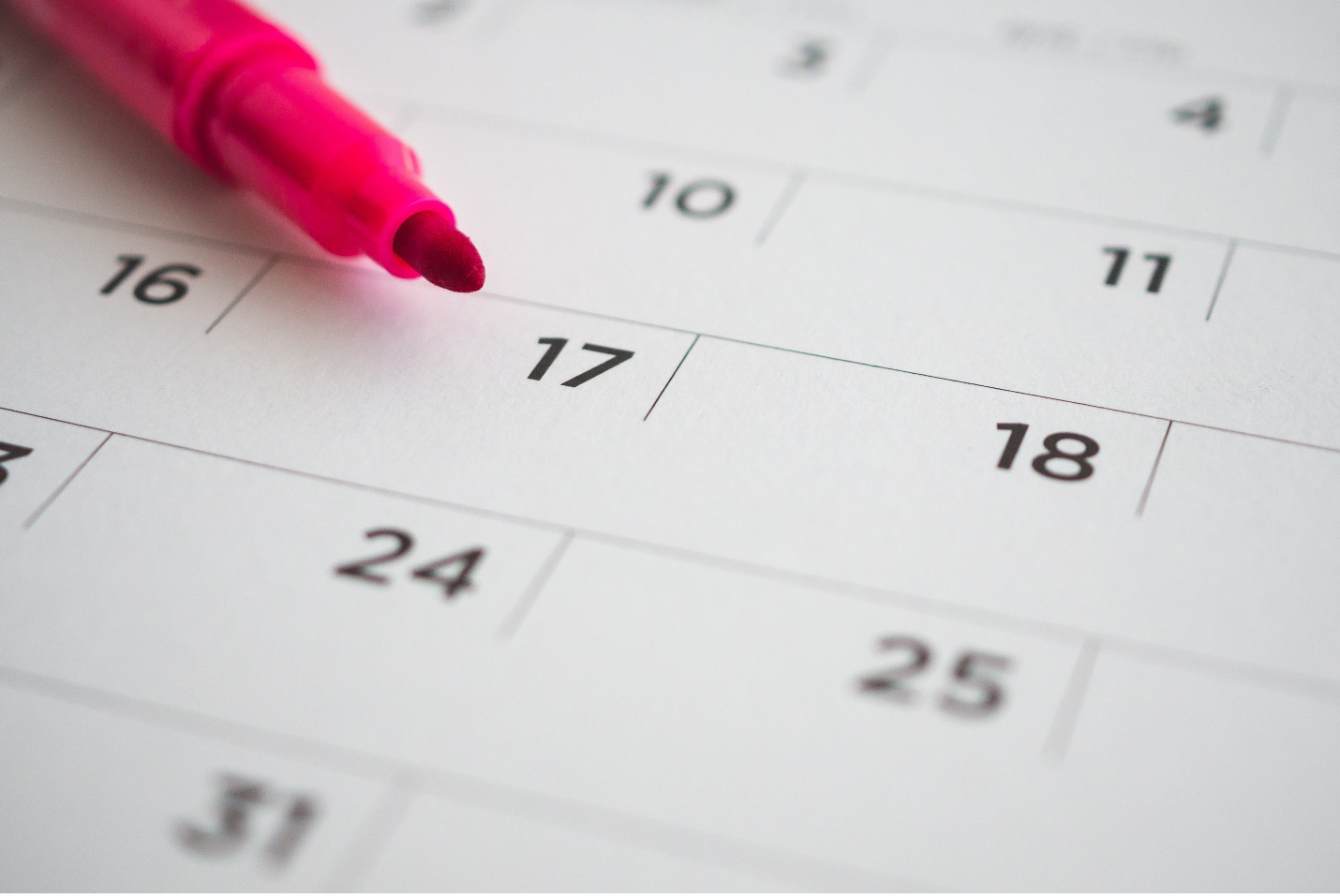Preparing Your Home-Based Business for Winter

The winter storms of 2021 caught everyone off guard even the weathermen. Energy providers like electric and natural gas had supply shortages and outages. While we cannot control the weather, home-based business owners should take steps to prepare themselves for the colder months ahead.
During the cold wintery season hypothermia, carbon monoxide poisoning, frostbite, car accidents, and heart attacks will increase, along with house fires. Here are a few suggestions to help keep your home-based business running smoothly and safely:
1. Start by asking your gas and electric company for a free home energy audit. Their suggestions will keep you safe and save you money on your energy bill. According to Duke Energy, heating your home uses more energy than any other operating system in your house. Most energy providers have contact numbers to report power outages during a storm. I have these listed in my phone contacts just in case they are needed.
2. Most firefighters will tell you that the second leading cause of home fires in the United States is heating systems. These home fires can result in property damage, injury, and death. Experts advise that you keep flammables at least 3 feet away from any heat source especially space heaters. Never leave a space heater unattended or plug it into an extension cord.

3. Generators are a good backup source of power during winter storms. Remember to always keep generators at least 20 feet away from your home. Do not operate a generator in an enclosed space. Allow 3 to 4 feet of ventilation on all sides of the generator. Cords to the generator should always be inspected for damage before use and kept grounded.
4. Pay attention to weather reports. Keep a battery-operated radio or a hand crank radio close by just in case you lose power. Know the difference between a weather watch and a weather advisory/warning. With so much advance warning from our weathermen it is easy to keep computers and phones charged before a storm hits. This will help you continue to work if you do lose power.
5. Battery operated lanterns are a great, inexpensive source of light during a storm that causes outages. I try to keep at least 3 or 4 in the closet in case they are needed. These lanterns have provided light for me to continue working when there was no electricity during a storm. Note: Place the lanterns in a basket along with paper, pen/pencil, and other work supplies. If you have children add some puzzles, crayons, and children’s books to the basket.
6 .Winter storms can last more than a day or two. Hypothermia can occur at 30* in less than 15 minutes. What does that mean for you and your family? Be aware of the symptoms of both hypothermia and frostbite (google search). Know what actions you can take to prevent them both. Cold weather puts older adults, children, sick people, and outdoor animals at greater risk.
7. If you rely on your fireplace to heat your home. Be sure to have the flue and dampers inspected to insure you have a snug seal to avoid heat loss. This inspection should be done before starting the first fire of the season.
8. When you have a home-based business, this tip is usually a no brainer, but I will mention it anyway. Have plenty of supplies on hand to operate your business. This suggestion is totally based on my own bad experience.

I have always taken for granted that anything I needed was just a short drive to the store. But winter storms with snow and ice are not always cooperative and many stores in our area close during bad weather conditions.
You might also want to keep bottled water, juice boxes/pouches, and prepackaged snacks. I also keep a supply of body wipes that can be used for just about everything (like handwashing, cleaning work surfaces, etc.) in case water is in short supply.
Is your car prepared? Keep a full tank of gas, water, snacks, a candle and lighter, several quilts, wipes, roadside flares and whatever you consider a necessity in case you get stranded.
This is not an all-inclusive list of what it takes to be prepared. Each person must decide for themselves what will make them comfortable and keep them safe when winter storms roll in. Preparation can increase your comfort, help you be productive, and save lives.






